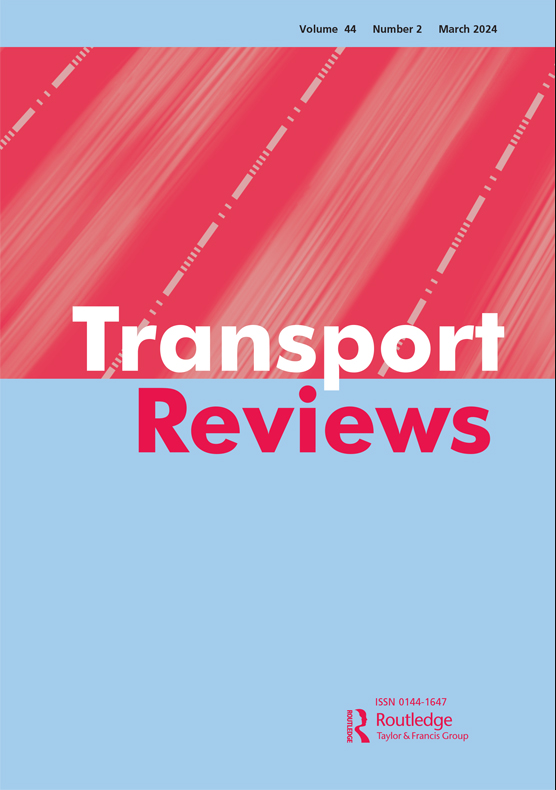New framework of port logistics in the post-COVID-19 period with 6th-generation ports (6GP) model
IF 9.9
1区 工程技术
Q1 TRANSPORTATION
引用次数: 0
Abstract
Since the outbreak of COVID-19, its impacts on the maritime transportation and logistics field have been multi-dimensional. In addition to the green shipping corridor proposed by the Clydebank Declaration in the United Kingdom in 2021, port digitalisation and decarbonisation of the maritime industry have become focal issues in the field. The industry needs a new framework to offset the negative impacts of the pandemic and to accommodate integrated technologies comprising of artificial intelligence (AI), blockchain, cloud systems, internet of things (IoT) and others, which have been applied to the industry. Having considered these circumstances, this paper aims to propose the 6th-generation ports model with smart port (6GP) as a new framework for the port logistics industry in the post-COVID-19 period. The proposed 6GP contributes to providing business development strategy and port development policy for stakeholders in the industry in the post-pandemic era reflecting focal challenges such as digitalisation, decarbonisation, sustainability and smart transformation. It also contributes to expanding port devolution theory from the fifth-generation ports (5GP) to 6GP.
基于第六代港口(6GP)模型的后疫情时期港口物流新框架
新冠肺炎疫情发生以来,对海上运输物流领域的影响是多方面的。除了2021年英国《克莱德班克宣言》提出的绿色航运走廊外,港口数字化和海运业脱碳已成为该领域的焦点问题。业界需要一个新的框架来抵消疫情的负面影响,并适应已经应用于行业的人工智能(AI)、区块链、云系统、物联网(IoT)等综合技术。考虑到这些情况,本文旨在提出以智能港口(6GP)为核心的第六代港口模式,作为后疫情时期港口物流业的新框架。拟议的6GP有助于为大流行后时代的行业利益相关者提供业务发展战略和港口发展政策,反映数字化、脱碳、可持续性和智能转型等重点挑战。它还有助于将端口移交理论从第五代端口(5GP)扩展到6GP。
本文章由计算机程序翻译,如有差异,请以英文原文为准。
求助全文
约1分钟内获得全文
求助全文
来源期刊

Transport Reviews
TRANSPORTATION-
CiteScore
17.70
自引率
1.00%
发文量
32
期刊介绍:
Transport Reviews is an international journal that comprehensively covers all aspects of transportation. It offers authoritative and current research-based reviews on transportation-related topics, catering to a knowledgeable audience while also being accessible to a wide readership.
Encouraging submissions from diverse disciplinary perspectives such as economics and engineering, as well as various subject areas like social issues and the environment, Transport Reviews welcomes contributions employing different methodological approaches, including modeling, qualitative methods, or mixed-methods. The reviews typically introduce new methodologies, analyses, innovative viewpoints, and original data, although they are not limited to research-based content.
 求助内容:
求助内容: 应助结果提醒方式:
应助结果提醒方式:


